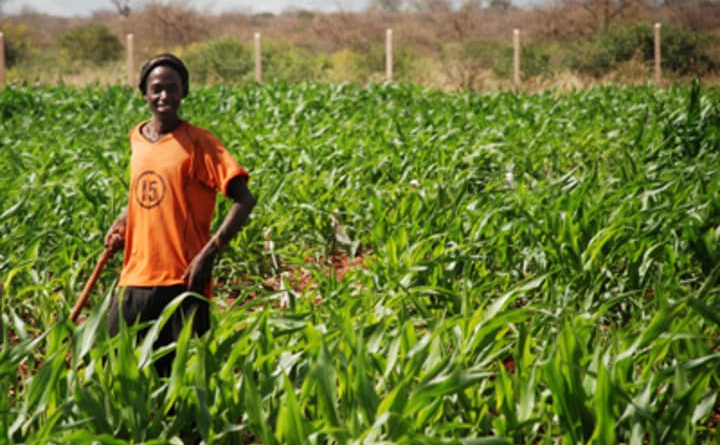Addressing Global Hunger: 10 Ways to Combat the Crisis
Tonight, 828 million people will go to bed hungry. A further 49 million people in 49 countries teeter on famine’s edge. Meanwhile, one billion people are obese, but a considerable proportion of them are also among the poor. We have the knowledge and means to feed everyone in the world, yet the global hunger crisis persists. To address this crisis, we must make food security a priority, reduce food wastage, support small farmers, promote local agro-ecosystems, grow food closer to the market, and prioritize quality over quantity.
Making food security a priority means approaching it as a strategic matter akin to national defense. Reducing food wastage is essential, as a third of food is lost and spoiled in the food chain, amounting to 24 percent of available food calories. Supporting small farmers is key, as they produce 35 percent of the world’s food from just 12 percent of all agricultural land. Promoting local agro-ecosystems can help create self-sufficiency and reduce dependency on food imports. Growing food closer to the market can reduce “food miles” and make cities more harmonious. Lastly, prioritizing quality over quantity can help ensure that people are getting the nutrition they need.
These are just some of the ways we can address the crisis of global hunger. We must take action now to ensure that everyone has access to the food they need.


This is a great article and provides some great ideas to help fight global hunger. It’s important that we make food security a priority and reduce food wastage. I’m surprised to learn that small farmers produce 35 percent of the world’s food from just 12 percent of all agricultural land. We should definitely prioritize quality over quantity to ensure people are getting the nutrition they need.
I agree with the steps outlined in this article. Growing food closer to the market is a great way to reduce food miles. We should also look into machine learning to help address global hunger.
This is a great article and I totally agree that we need to take action now to ensure that everyone has access to the food they need. It’s so important to reduce food wastage and support small farmers. I’m also surprised to learn that one billion people are obese, but a considerable proportion of them are also among the poor. Do you think data analytics can help us understand the global hunger crisis better? It would be great to hear your thoughts on this.